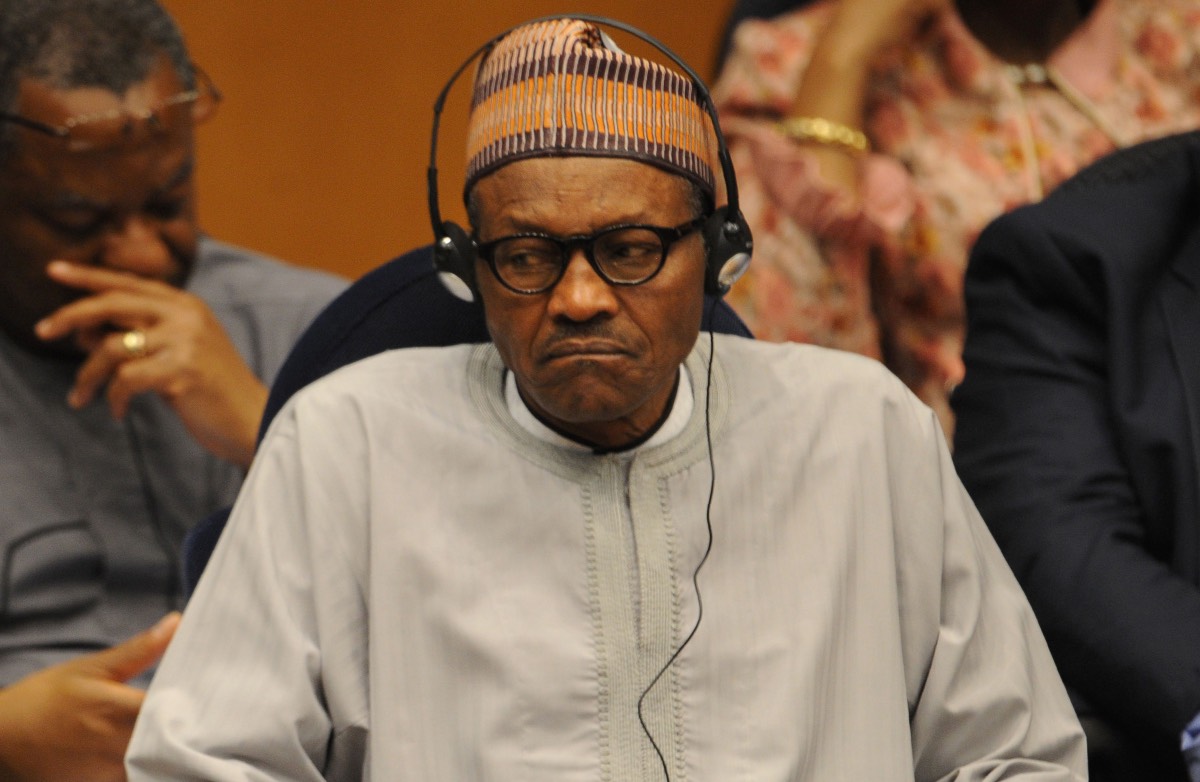The $3.4 billion emergency funding for Nigeria on Tuesday, April 28, 2020, by the International Monetary Fund, IMF, is a repayable loan approved to help the country cushion the impact of the coronavirus pandemic on her economy, the Bretton wood Group clarified on Wednesday, April 29, 2020.
The IMF also mentioned the two conditions attached to the loan.
Since April 6, when the minister of finance, Budget, and National Planning, Zainab Ahmed, announced that Nigeria submitted a formal request for approval to draw 100 percent of her contribution to the IMF, there have been conflicting opinions among Nigerians about the status of the funding.
The minister’s explanation during the N500 billion fiscal stimulus fund launch in Abuja that “the loan will not be tied to any, IMF, conditionalities” may have heightened the controversy, as many Nigerians associate the usual IMF loans with tough conditionalities and interest rates.
Loan without usual conditionalities
“The Federal Ministry of Finance is also reaching out to multilateral organizations where we have borrowed externally, either for the Federal Government itself or on behalf of the States, to also negotiate a debt deferment or debt suspension.
“As a matter of fact, last week, we had a virtual meeting with all the African Ministers of Finance and agreed to collectively ask for the suspension of debt service obligations for 2020 and 2021.
“The World Bank and IMF that were in the meeting indicated to us that this is possible. We will be negotiating with them on the terms of that deferment.
“Nigeria has a contribution of $3.4 billion with the IMF, and we are entitled to draw up to the whole of that amount, no less.
“We have in the first instance applied for that maximum amount from the International Monetary Fund’s COVID-19 Rapid Credit Facility to draw from our existing holdings with the World Bank Group / International Monetary Fund. This loan will not be tied to any conditionalities.
“But in the process of negotiation, we might get that maximum amount or less. This is a provision the IMF has made for every member country, to apply for between 50 to 100 percent of their contribution to the IMF.
This is a program that has no condition attached like other IMF programs,” the minister explained in an answer to a question by Journalists at the event.
Board approves
On Tuesday, the Executive Board of the IMF, during its special meeting to consider Nigeria’s request, gave approval to the credit facility.
The board said the approval for the funding was given under the Fund’s Rapid Financing Instrument, RFI, to support the Nigerian government’s efforts to address the devastating impact of COVID-19 on its economy.
Besides, it said the approval of 100 percent of Nigeria’s contribution to the Fund as emergency financial assistance was based on the country’s Special Drawing Rights, SDR, under the RFI.
The IMF said the $3.4 billion approved for Nigeria was equivalent to SDR 2,454.5 million (of 100 percent of Nigeria’s quota held with the Fund).
Regardless, this newspaper sought further clarification from the IMF’s Senior Resident Representative and Mission Chief for Nigeria, Amine Mati, on the status of the funding approved for Nigeria.
Source: IMF







